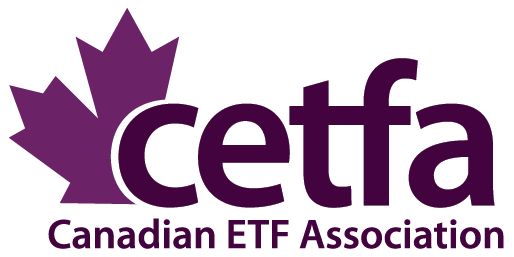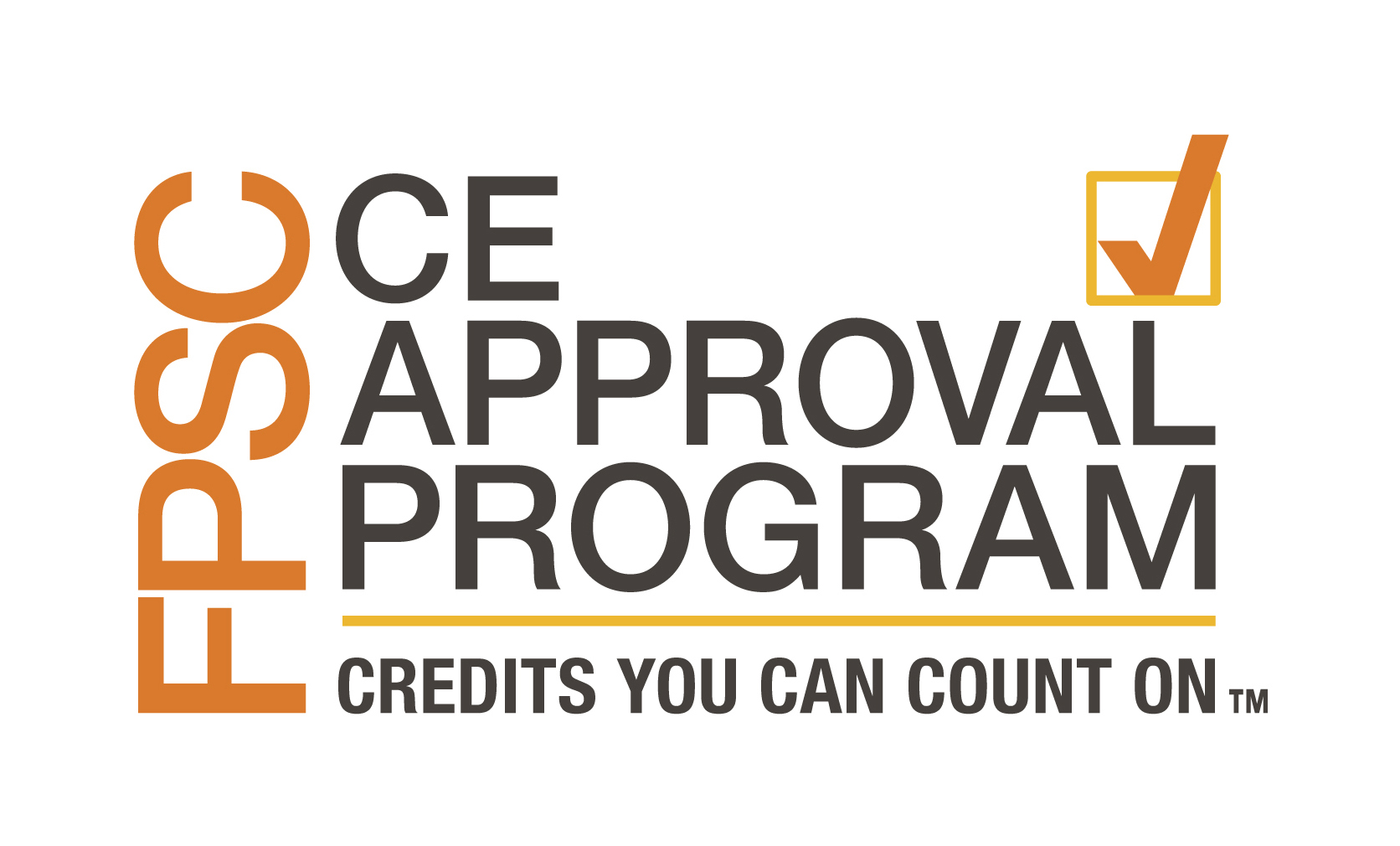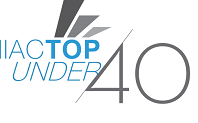MFDA moves closer to having mutual fund reps sell ETFs
|
FROM THE REGULATORS: MFDA moves closer to having mutual fund reps sell ETFs The regulator is also taking a proactive approach to members’ concerns about cost and compensation reporting coming into effect with CRM2 |
|
By Tessie Sanci | The Mutual Fund Dealers Association of Canada (MFDA) will issue proficiency standards sometime this year that will allow mutual fund advisors to sell exchange-traded funds (ETFs), but the industry is still looking for a technological solution that will connect their dealers to an exchange, says Marc Guerin, director of member education with the MFDA, during a panel discussion at the 2016 Exchange Traded Forum in Toronto on Wednesday. Advisors who are licensed to sell mutual funds can also sell ETFs that meet the definition of mutual funds without any additional registration. However, they still require the proper education, Guerin reminded the audience during the discussion, which focused on the current regulatory landscape for ETFs. "The current courses that [advisors] use to become proficient in offering mutual funds do not speak enough to the differences with regards to ETFs," he said. However, the true barrier to the ETF market remains the technological aspect that would connect a mutual fund dealer's trading system to an exchange. Toronto-based FundSERV Inc. is one of the industry stakeholders looking for a way to resolve this issue, said Guerin. "We certainly encourage any member or system provider to come talk to us when they think they have a viable solution," he added. The panel discussion also provided an outlet for some advisors to vent about the exclusion of some products from the cost and compensation reporting that will be required under the second phase of the client relationship model (CRM2). One advisor lamented that the mandated reports would include trailer fees but exclude the management expense ratio (MER) fees of products, thereby allowing the fees associated with ETFs to fly under the radar. CRM2 is an initiative of the Canadian Securities Administrators (CSA), not the MFDA and therefore Guerin said he was unable to explain why that is the case. "However, what I will say is that we have heard the same comment from our members," he added. The MFDA has responded to the industry's concern by asking dealer members to comment on whether they're satisfied with cost reporting as it is currently mandated or whether they would like to see a further-enhanced statement that would include other costs, such as switch fees, transaction fee and MERs. The MFDA is currently producing a summary of the comments. Guerin said there are dealers who would like to see all fees included in the new cost reporting as it would allow clients to compare the expenses associated with various types of products. However, some respondents were also concerned that providing too much information across various statements, such as the cost reporting required under CRM2 and point-of-sale documents, would scare clients into thinking they have been charged more than once. "We're starting a discussion with our members," said Guerin. "When we get the summary, we're going to go back to the CSA and let them know what we have heard … and take the discussion from there." |






Follow SUI